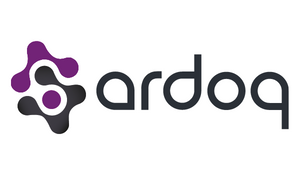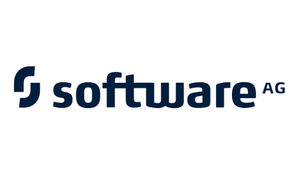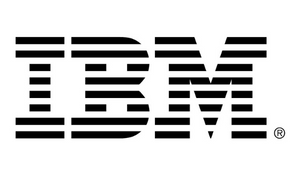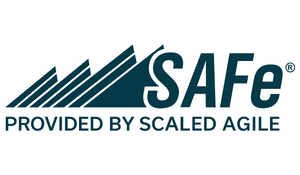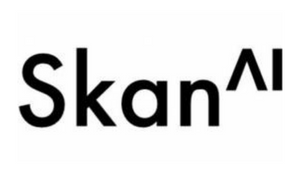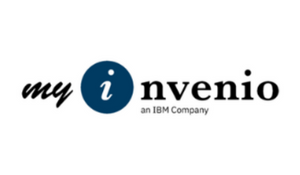The rise of intelligent automation is resulting in fundamental changes to the way we work. It's affecting every field and industry, with no limit to what can be automated.
Automation is rapidly changing business practices. To stay competitive and relevant, it's important to leverage automation solutions that are efficient, seamless, and easily accessible from any device.
Intelligent Automation extends the horizons of process automation. When done well, AI can replicate the human intellect to a startling degree, which means it can handle activities that involve analysis and decision-making through careful judgment.
It is widely accepted as the next step in business evolution, and companies will need to embrace it in order to accelerate their digital transformation.
This article explores what intelligent and robotic process automation technologies are, why they're necessary, how they work and how they will affect your business in the near future.
What is Intelligent Automation?
Intelligent automation is a combination of various innovative technologies that bring business process automation to a new level.
Intelligent automation software allows companies to complete complex tasks through robot process automation (RPA) and cognitive technologies, including machine learning and artificial intelligence. It is utilized by businesses to build workflows and smart processes that adapt and progress as they go.
These systems mimic human behavior and handle both unstructured data (rich media, sensor data etc.) and structured data (names, dates, addresses, credit card numbers, etc.).
The applications of intelligent automation are widespread and include customer service, medical diagnosis, financial transactions, and more.
When it comes to business, intelligent automation primarily focuses on boosting employee productivity, customer experience, error elimination, cost reduction and overall efficiency.
Intelligent Automation Technologies:
The Intelligent Automation revolution is happening and it’s happening fast.
In today’s hyper-competitive business world, organizations expect to keep achieving more in less time and with fewer resources. Intelligent automation can aid in this quest by simplifying complex workflows and streamlining demanding processes.
As previously said, intelligent automation is a collection of smart technologies that work together to assist businesses in achieving their objectives.
The core technologies of intelligent automation include:
BPM: A BPM platform is a software solution that helps you manage and automate business processes to improve productivity and corporate performance. It's considered essential for medium and large businesses as it bridges the gap between IT and business and helps them get vital insights.
RPA: Intelligent robots work as agents that emulate and integrate the actions of a human, interacting within a platform to perform a variety of repetitive tasks
Artificial Intelligence (AI)- Machine Learning (ML): AI/ML-enabled systems are best for complicated tasks that involve large amounts of data, and require time to process them in their entirety. These technologies are capable of doing things that would be impossible for humans alone.
What is Robotic Process Automation (RPA)?
Robotic process automation (RPA) is a type of business process automation that uses software robots, or "bots," to automate tasks. RPA is not a new concept and has been used for decades in various industries.
This type of technology is used to automate repetitive tasks, which would otherwise have been performed by humans. To do this, they rely on predefined business logic and stipulations.
The bots work well to complement cognitive technologies since RPA uses advanced algorithms to handle successfully complex process challenges.
RPA software can automate time-consuming tasks like data entry, data processing, and file conversion. This type of software can also help with more complicated tasks such as payroll processing or customer service.
Seamlessly integrating this technology can help businesses become much more competitive by streamlining their operations and increasing their agility.
Importance of Intelligent Automation and RPA:
With the implementation of intelligent and robotic process automation, many organizations have seen substantial cost savings, increased employee productivity and improved customer experience.
Below, we'll go through some of the most crucial advantages that intelligent automation and RPA may provide for your enterprise.
Higher Efficiency
One of the most important advantages of process automation is that it promotes transparency, automates manual activities, and boosts productivity across the board.
Furthermore, intelligent automation may not only execute operations, but also monitor, measure, and audit them, all while identifying ways to improve present workflows.
Increased Employee Satisfaction
Your staff may be skeptical at first when you propose your new automation plan. However, if you can effectively integrate intelligent automation and RPA, they will benefit the most, as they will be able to focus on more creative tasks, rather than tiring repetitive duties.
Your team members will have more time to work on the things that matter to them, as well as improve their skills and abilities, as manual, monotonous operations are automated utilizing RPA and AI.
Better Decisions
Intelligent systems can learn from past data and use this to make better decisions.
AI/RPA systems use a series of interconnected algorithms to make decisions and learn from past data. The complex set of algorithms makes it possible to tackle highly important tasks such as financial investments, strategic planning and medical diagnosis.
Reduced Risks and Costs
The cost of automating your operations may be high at first, but it will pay off in the long run by lowering the amount of time your staff spend doing manual tasks. Furthermore, bots make considerably less mistakes than humans while performing most activities and are always available.
Depending on the industry, these errors can be not only time-consuming but also quite risky. You'll never have to worry again if you effectively automate your procedures.
Why is it beneficial to use an integrated platform?
Organizations must realize that one technology and many stand-alone products will not be able to solve all of their business problems. Through intelligent automation and RPA technologies, organizations may achieve end-to-end digital transformation, overcome difficult hurdles, and fully optimize any given process through a unified platform.
The new breed of automation solutions provides the opportunity to organisations, to address their challenges with any automation technology needed.
Powerful solutions for fast-growing businesses aim to combine speed, cost and quality, into integrated Low-Code Hyper-Automation platforms for digital business transformation.




